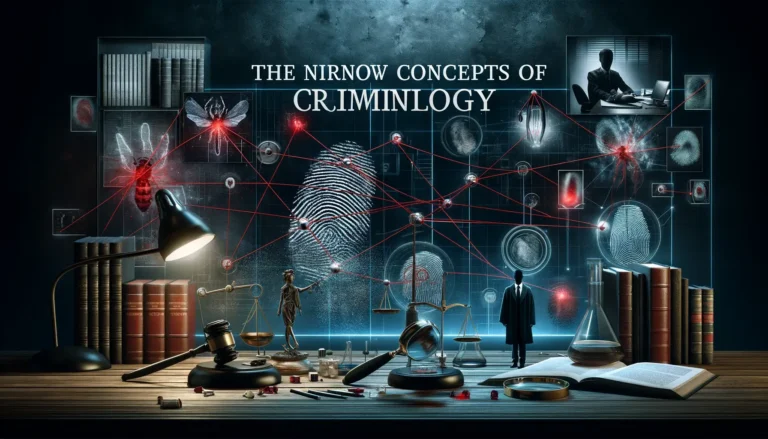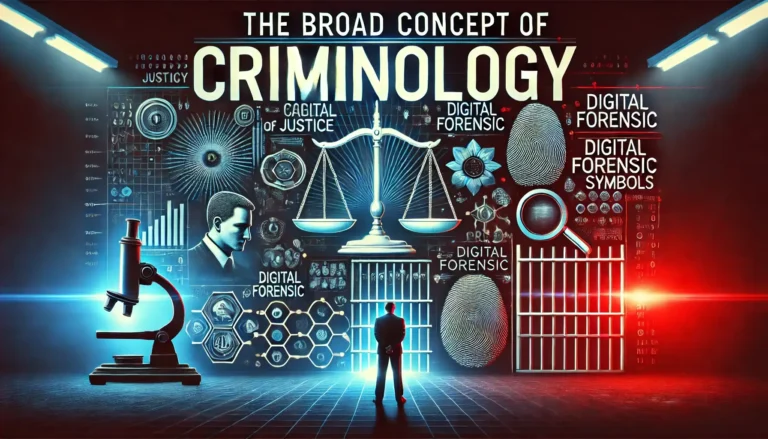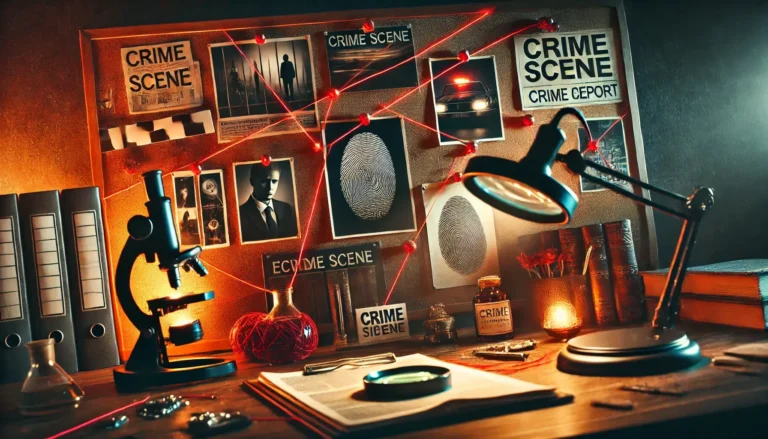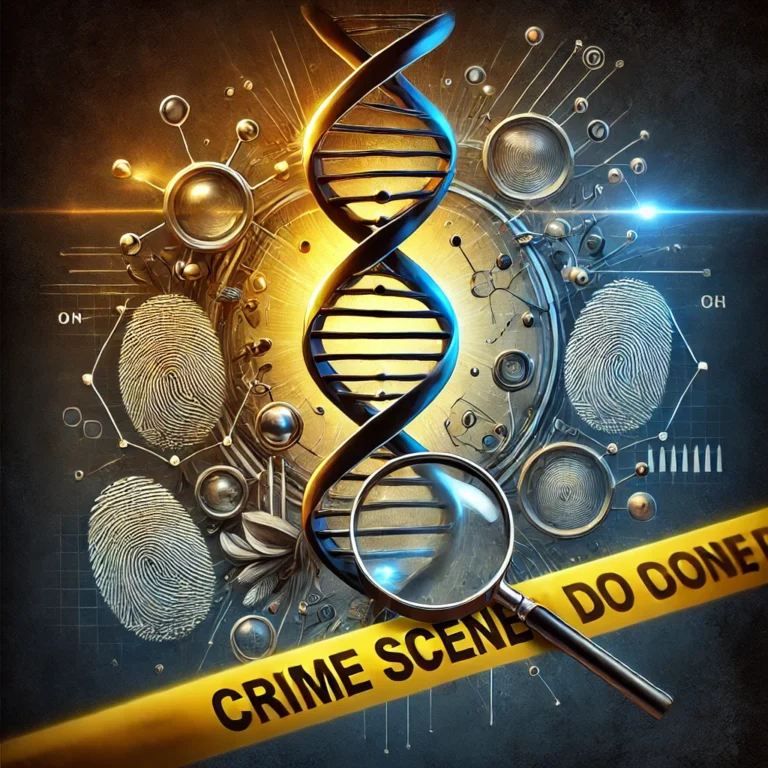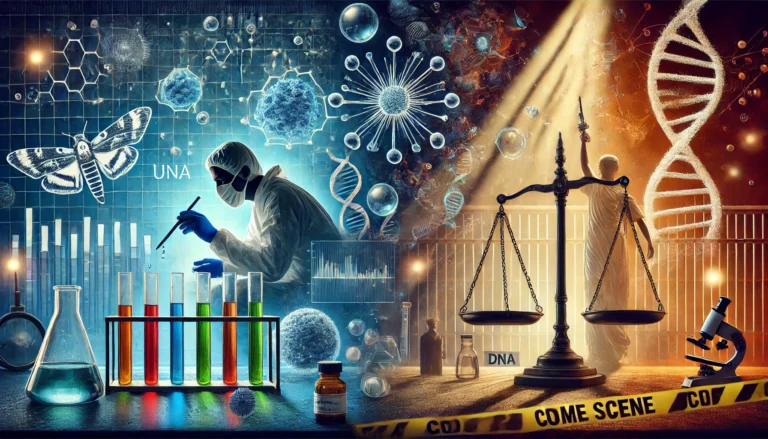The Narrow Concepts of Criminology
Introduction Criminology is a complex and evolving discipline that seeks to understand crime, criminal behavior, and the societal responses to lawbreaking. Over time, criminologists have developed various theories and frameworks to analyze crime, ranging from broad interdisciplinary approaches to more focused perspectives. The narrow concepts of criminology concentrate on specific aspects of criminal behavior, law…

